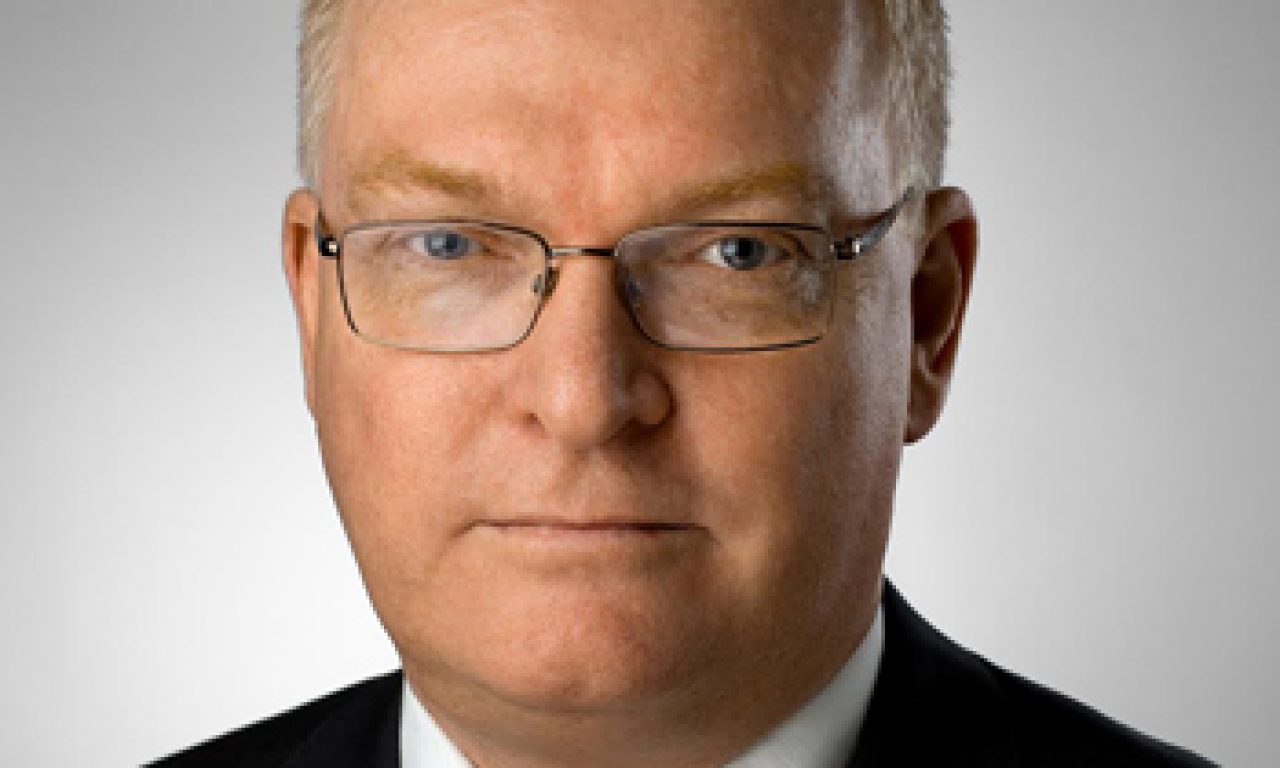Don Hamson has a bee in his bonnet about proposed changes to the franking credit system. Last year he organised a petition by investors opposed to the proposal. Now, with the ALP looking likely to win the May 18 election, he is suggesting a compromise.
The founder and managing director of Plato Investment Management, an affiliate within the Pinnacle Investment Management group, runs a successful $1.5 billion equity income fund as part of the firm’s $5 billion across various strategies including low-volatility and ESG.
The income fund will not need to adapt but some clients may if the ALP wins and fulfils its promise on franking credit refunds – putting aside a possible senate dependant on cross-bencher votes to pass any legislation. A favourite among retirees, Plato’s LIC is the only one which pays monthly dividends. It currently yields about 6 per cent in cash and 9 per cent in total returns.
In the last quarter, given some added expediency by the Opposition’s proposal, dividends by ASX-listed companies accelerated, with the payment of quite a few “special dividends”. Even without franking, Hamson told a briefing in Sydney before Easter, Australia still had the highest returning sharemarket in the world over the past 119 years according to research by Credit Suisse. Franking benefits were not included in the global research because foreigners are unable to receive them.
“I always refer to franking credits as the icing on the cake,” he said. But he made it clear it was important icing for self-funded retirees. Plato estimates that for those with $1 million in an SMSF, which is roughly the average, they will lose about $12,000 a year if the ALP proposal goes ahead. “That’s a big change to their standard of living,” Hamson said.
Todd Kennedy, Plato senior portfolio manager, posed a good question: “If you lose the franking credits, how does this change your asset allocation?” He said: “The answer is by quite a lot. The main reason to have an overweight Australia home bias in your equities portfolio goes away, moving an ideal weighting from half your equities, to as low as 10 per cent in favour of investing offshore.
Hamson likes to cite the example of his late mother, who passed away recently. His father had died some years earlier. They were Labor voters from the Hunter, an old-coal-mining district north of Sydney now better known for growing grapes and racehorses. For someone like her, a couple of hundred dollars a week made a big difference. His views are not political, he says. They are about fairness.
Hamson suggested a compromise, which could be adopted by cross-benchers in the event that they are able to influence final legislative changes in a new Senate. This would include the grandfathering of existing rules for retirees and the possible adoption of a cap on the maximum which could be held in super at, say, $3 million, which has been proposed by consulting actuaries Ricer Warner. People would be forced to take any excess out of the super system, but without penalty. Grandfathering appeared to be something which the Greens wanted, he said.
Hamson admitted that 90 per cent of investors would still get franking credits under the ALP proposal, which would abolish the refunds on excess franking credits, estimated to affect about 900,000 retirees, and that others in SMSFs could avoid the impact by transferring to an APRA-regulated fund, such as a profit-for-members fund.
Financial planners had already started to prepare themselves and clients for the changes, he said. “A lot of our advisors aren’t too worried about it because they worked out that their clients who are in SMSFs, if they are in the pension stage, need to transfer them to an APRA-regulated [large] fund where they can get the franking.”
He said one financial planning group he knew which had hundreds of SMSFs said it had reviewed all its clients and was restructuring them and rolling them into retail super platforms or some industry funds.
The value of dividends in Australia rose 37 per cent in the March quarter but the trend was not just an Australian phenomenon. Plato pointed out that global dividends rose 19 per cent in the last quarter of 2018 and some countries, such as Germany (up 103 per cent) and the Netherlands (up 208 per cent) had considerably stronger dividend growth.
– G.B.

